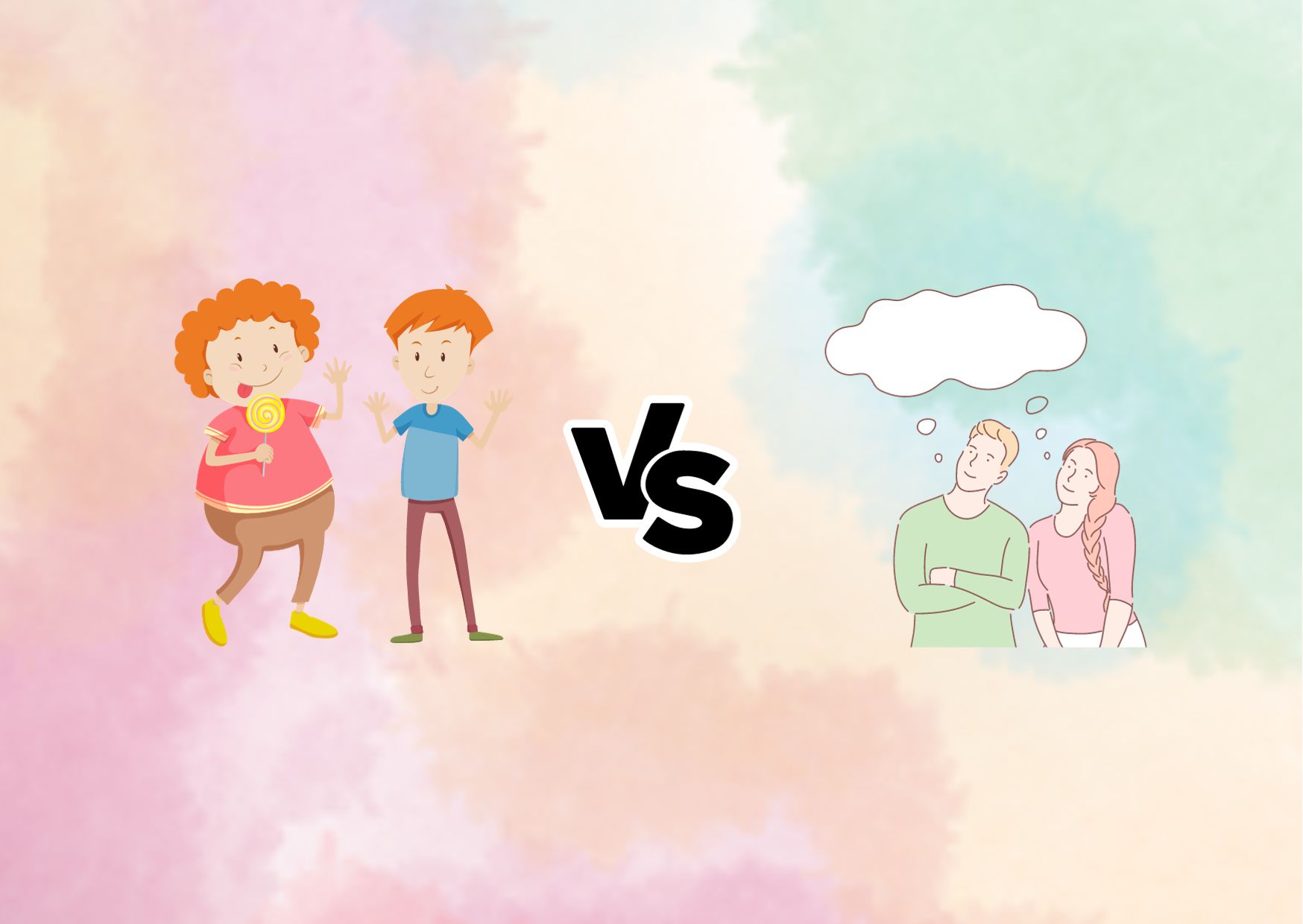Do Opposites Attract? Or is it all About Similarities?
When it comes to relationships, the age-old question do opposites attract or if similarities are the key to a successful partnership has been a topic of debate. We’ve all heard the saying “opposites attract,” but is there any truth to this popular belief? In this article, we will dive deep into the research and explore the dynamics of attraction, compatibility, and the role of opposites versus similarities in relationships.
The idea that “opposites attract” and that similarities are essential in relationships are both perspectives that have been explored in psychology and relationship studies. In reality, the dynamics of attraction and compatibility are complex and can vary from person to person.
So, Do Opposites Attract? Or is it more About Similarities?
The concept of opposites attracting has been perpetuated by popular culture, from romantic movies showcasing the good girl falling for the bad boy to real-life stories of introverts being drawn to extroverts. It’s easy to see why this idea has gained traction – the allure of someone who brings excitement and novelty to our lives can be irresistible. However, scientific evidence suggests that the reality may be more nuanced than the myth.
The Initial Attraction
Initial attraction to someone who appears to be our opposite can often be attributed to the novelty and excitement they bring into our lives. Psychologist John Mayer explains that we are often attracted to qualities in others that we admire or wish to develop in ourselves. For example, a shy person may be drawn to someone who exudes confidence and social ease. These differences can create a sense of intrigue and fascination during the early stages of a relationship.
The Role of Compatibility
While initial attraction may be fueled by differences, long-term compatibility is often rooted in similarities. Research has shown that couples who share core values, beliefs, and interests are more likely to have lasting relationships. A study published in Psychological Science found that people tend to interact with others who are similar to them, both online and offline. Another study in the Journal of Personality and Social Psychology revealed that couples and friends had a striking 86% similarity on various factors.
Celebrating Differences and Finding Balance
While similarities may be the foundation of a strong relationship, differences can bring excitement, growth, and balance. It’s important to strike a balance between embracing each other’s unique qualities and finding common ground. Celebrating differences can lead to personal growth, as we learn from and appreciate our partner’s perspectives and experiences.
The Potential Benefits
